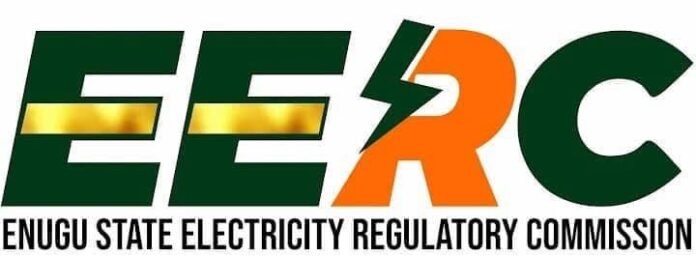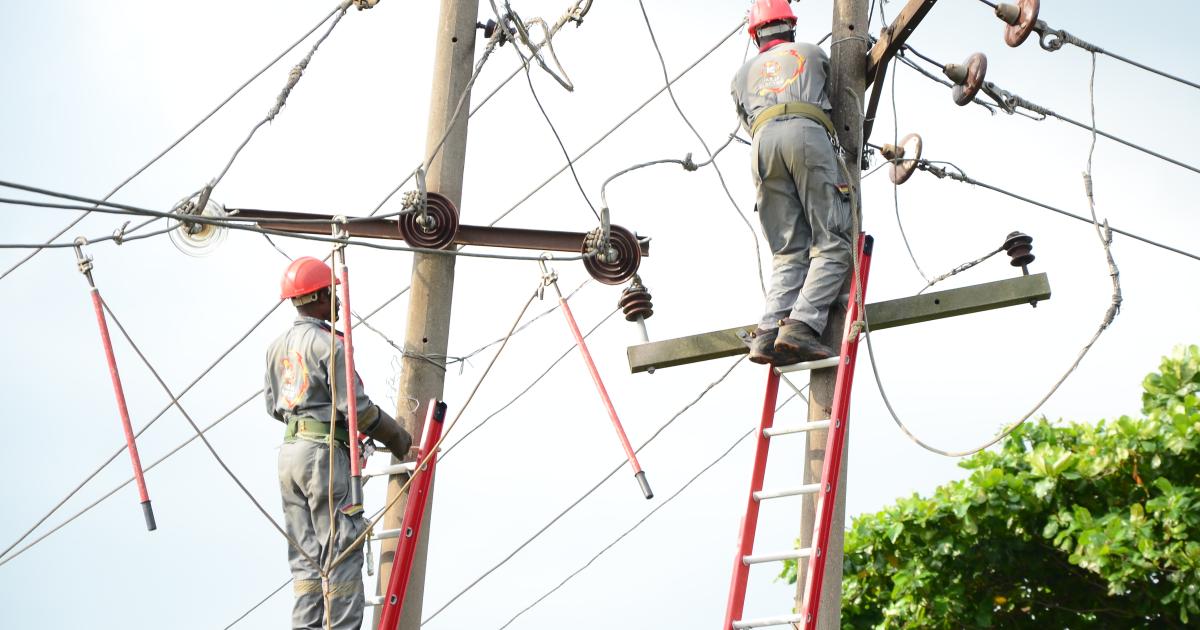From August 1, 2025, electricity consumers in Enugu State under Band A will pay less—₦160 instead of the previous ₦209 per kilowatt-hour.
This reduction follows a new tariff order issued by the Enugu State Electricity Regulatory Commission (EERC) to MainPower Electricity Distribution Limited, which replaced the defunct Enugu Electricity Distribution Company (EEDC).
The new directive is contained in Order No. EERC/2025/003, titled “Tariff Order for MainPower Electricity Distribution Limited 2025.”
According to the Commission, the price cut is “cost reflective” and takes into account the ongoing electricity generation subsidy from the Federal Government, aimed at easing the burden on consumers.
The EERC explained that the ₦160 Band A tariff is based on an internal review of MainPower’s operations using the Tariff Methodology Regulations 2024 and a newly adopted Distribution Tariff Model.
“We reviewed their entire costs… to get an average price of ₦94,” said Chijioke Okonkwo, EERC Chairman.
“The price is low because the Federal Government has been subsidising electricity generation cost, which charges only ₦45 out of the actual ₦112. That was how we came about the average cost-reflective tariff at our level.”
Only Band A Tariff Changed — All Others Frozen
Okonkwo further broke down the numbers across all tariff bands.
“Breaking this across the various tariff bands means that Band A will be paying ₦160, while Bands B, C, D, and E are frozen,” he explained.
The Commission said the ₦160 tariff helps MainPower cushion rate shocks while maintaining stability.
“If the subsidy is removed, the savings will assist them in stabilising the tariff over time,” Okonkwo noted.
However, he warned that sustaining the new rate could become impossible if the Federal Government discontinues its subsidy.
“But until then, it is only right that Ndi Enugu – Band A customers enjoy the reduced tariff effective August 1, 2025,” he added.
This move marks a major development since the Enugu State Electricity Law 2023 came into effect. The law gives the EERC full powers to regulate electricity activities within the state, following Nigeria’s constitutional amendment on state electricity control.
The legal change also aligns with the Electricity Act 2023, which repealed the outdated Electric Power Sector Reform Act (2005) and introduced reforms such as separating electricity distribution and supply operations, giving states full control over their internal electricity markets. Read more from the Nigerian Electricity Regulatory Commission (NERC)
Strict Compliance Rules and Public Oversight
EERC has put strict service obligations on MainPower to ensure residents do not pay more for poor supply.
“MainPower is obliged to publish daily on its website a rolling seven-day average daily hours of supply on each Band A feeder, no later than 9am of the next day,” said the Commission.
If the company fails to meet the minimum supply level for two days straight, it must report to the Commission within 24 hours.
And if it fails for seven consecutive days, “the feeder shall be automatically downgraded to the recorded level of supply.”
These new guidelines aim to hold MainPower accountable and ensure fair service for what consumers are paying.
The EERC also pledged ongoing engagement with stakeholders.
“The Commission is committed to working with industry developers, investors, customers, and stakeholders to develop and implement strategies to improve electricity services to all citizens of the state,” Okonkwo concluded.
Rate, Like 👍, Comment💬, share this article, Follow us on our social media handles, and Submit your own story to get featured and earn rewards!







